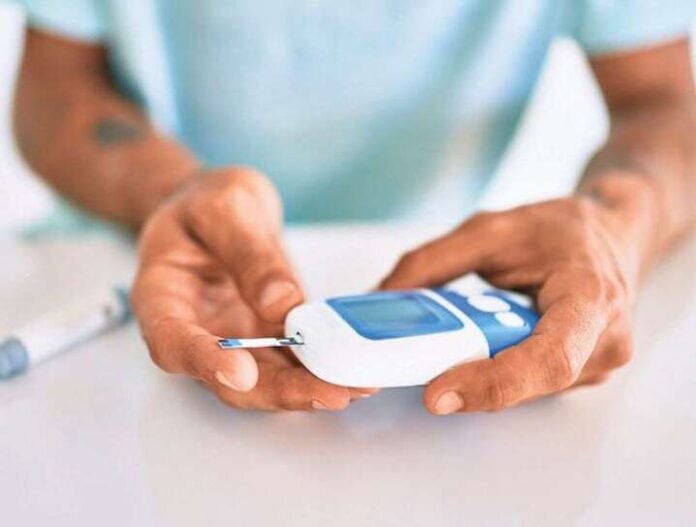Jamaica’s NCD Crisis: A Call to Action for Health and Economy
Jamaica is facing a silent but deadly crisis. According to Dr. Simone Spence, the Director of the Health Promotion and Protection Branch at the Ministry of Health and Wellness, the island is projected to lose a staggering US$18.45 billion between 2015 and 2030 due to non-communicable diseases (NCDs). These diseases, which include mental health issues, are leading to premature deaths and placing a heavy burden on the economy.
Dr. Spence made these remarks during the media launch of the Health Restoration and Wellness Optimization Symposium at the Pegasus hotel last Wednesday. This important event, scheduled for February 26 to March 1, is a collaboration between the Uchee Pines Lifestyle Centre in Alabama, USA, and the Health Ministries Department of the Andrews Memorial Seventh-day Adventist Church.
“When we speak about NCDs, it’s not just a health issue; it’s also an economic and developmental issue,” Dr. Spence emphasized. This statement resonates deeply, especially when we consider that globally, seven out of ten lives lost each year are due to NCDs. Jamaica is no exception to this alarming trend.
The statistics are sobering. One in three Jamaicans is hypertensive, and another one in three is pre-hypertensive. Shockingly, up to 40% of these individuals are unaware that their blood pressure is elevated. Diabetes is another major concern, with one in eight Jamaicans affected, and more than half of them unaware of their condition. To add to the worry, one in two Jamaicans is either overweight or obese, which significantly increases the risk of developing NCDs.
Dr. Spence pointed out that Jamaica is among the top ten countries in the Americas for complications and deaths related to diabetes and cancer. Diabetes is currently the leading cause of death on the island, while stroke and cancer follow closely behind. In fact, cancer accounted for nearly 24% of NCD-related fatalities in 2020, with breast and prostate cancers being the most prevalent.
The numbers tell a grim story. “In just ten years, breast cancer deaths have surged by 63%, while prostate cancer deaths have increased by 25%,” Dr. Spence revealed. This rise is not merely due to an aging population; rather, it reflects a troubling increase in these conditions across all age groups. Many Jamaicans are facing these health challenges in the prime of their lives, leading to younger deaths.
But it’s not all doom and gloom. “While these numbers highlight a major public health challenge, they also present an opportunity,” Dr. Spence noted. Lifestyle changes can significantly reduce the risks associated with NCDs and improve overall health.
The upcoming symposium aims to tackle these issues head-on, focusing on prevention, lifestyle changes, and holistic well-being. “This event is timely and essential,” Dr. Spence said, “as it empowers individuals to take charge of their health, reduce their own risks, and ultimately improve our country’s overall health.”
As Jamaica grapples with this NCD crisis, the question remains: How can we, as a nation, come together to foster healthier lifestyles and combat these diseases? The answer may lie in community engagement, education, and a collective commitment to change. With the right tools and support, Jamaicans can reclaim their health and, in turn, their economy.

